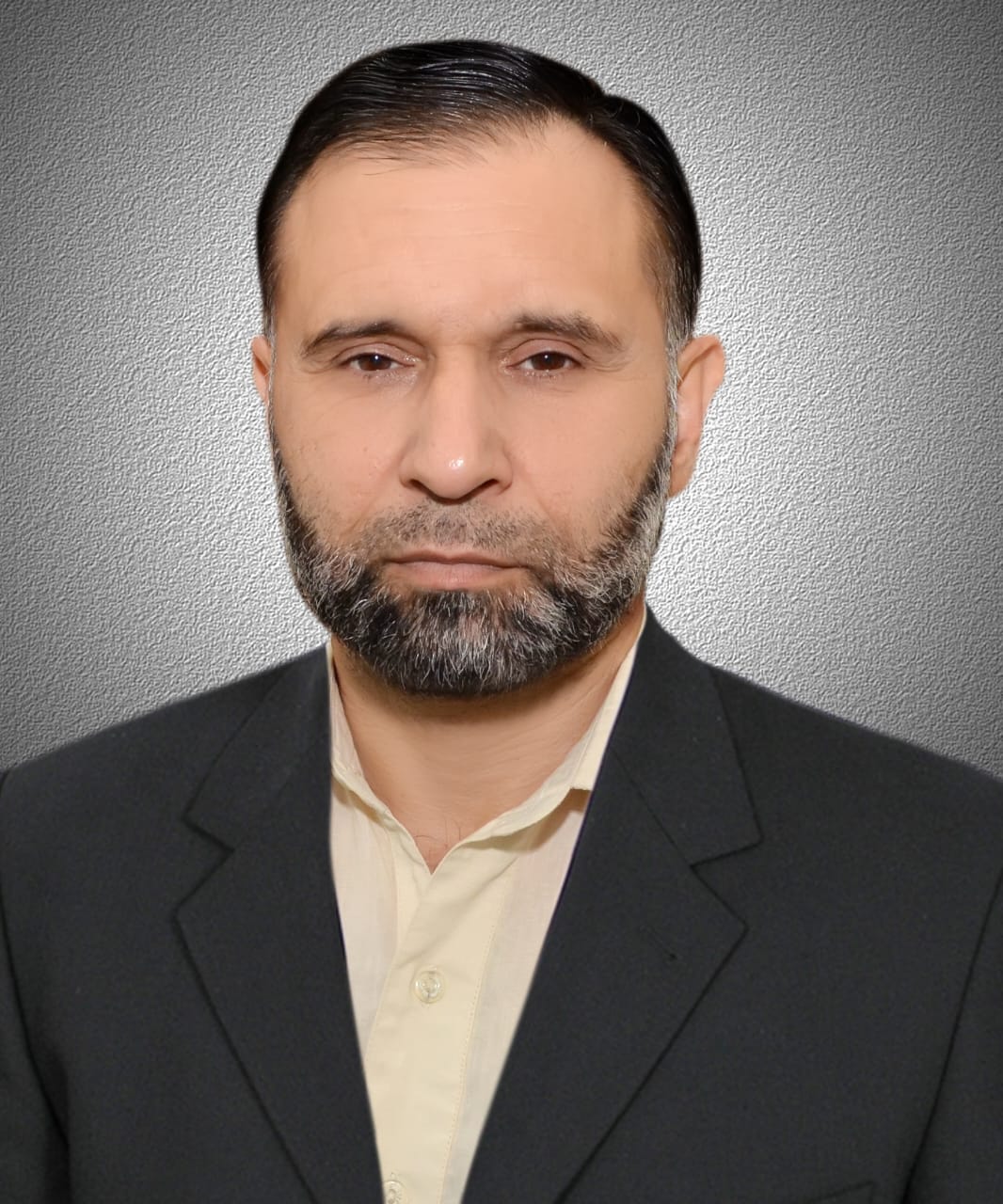By: Ghulam Hussain Ghazi
Pakistan’s Independence Day serves as an annual reminder of the great cause for which our forefathers rendered tremendous sacrifices to have this homeland. Freedom has different aspects and it is not merely liberation from subjugation; but for a nation, political and economic independence is far more critical than mere physical or geographical freedom. An economically weak nation cannot make decisions of its own accord. A key aspect of this is economic self-reliance. Under the leadership of Chief Minister Ali Amin Gandapur, the Khyber Pakhtunkhwa government is advancing toward economic self-sufficiency in line with the vision of Pakistan Tehreek-e-Insaf’s leader and is outperforming other provincial governments in economic progress. Imran Khan’s vision is to establish a welfare state modeled on the principles of the State of Madinah, one free from resource wastage, corruption and foreign debt, where citizens have access to basic facilities while economic stability ensures national dignity. The KP government is taking concrete steps to translate this vision into reality, setting it apart from other provinces.
Despite limited financial resources and challenges such as non-payment of financial resources by the federal government, the KP has presented a balanced and surplus budget free of loans. The budget for the fiscal year 2025-26 totals Rs 212 billion, with over Rs 195 billion allocated for current and development expenditures and a savings target of more than Rs 150 billion. No new taxes have been imposed and the burden of existing taxes has been reduced. This reflects Imran Khan’s vision that economic progress should be achieved through transparency and better resource utilization rather than burdening the public. In contrast, larger provinces like Punjab and Sindh have budgets of Rs 5.5 trillion and Rs 3.5 trillion, respectively, but these are heavily reliant on loans with no clear plan for debt relief. KP has allocated Rs 49 billion for repaying past loans, setting a commendable example of reducing the debt burden on future generations.
Reforms in the mining sector are a cornerstone of KP’s economic self-reliance. Under Chief Minister Ali Amin Gandapur’s leadership, the provincial government curbed illegal mining and transparently auctioned four placer gold sites, generating Rs 5 billion in revenue, equivalent to the annual revenue of the entire mining department in the past. Such measures have boosted provincial income and reduced opportunities of corruption. These reforms are part of efforts to utilize resources for national interests and dismantle mafia influence. Other provinces rarely exhibit such transparent reforms in mining or other resource sectors.
KP also excels in health and education. The Health Card Plus scheme, with an allocation of Rs 35 billion, provides free treatment for ailments like heart, liver and kidney diseases to the underprivileged. Additionally, a specialized health card has been approved for complex treatments like kidney transplants, liver transplants and bone marrow procedures. Education has been allocated Rs 333 billion, with Rs 39 billion for higher education, to improve school infrastructure and establish new educational institutions. These initiatives reflect Imran Khan’s commitment to ensuring equitable access to basic services. While other provinces have budgets for health and education, they often lack the transparent, people-centric policies seen in KP.
The KP government has set a unique example by linking environmental protection with economic progress. Through its carbon credit mapping policy, forest conservation is being transformed into an economic asset. This policy not only promotes environmental improvement but also serves as a source of foreign exchange through the global carbon market. In contrast, environmental policies in other provinces are either limited to rhetoric or lack implementation. KP’s approach aligns with Imran Khan’s vision of sustainable resource use and development in line with global standards. Similarly the provincial government’s sincere efforts to restore peace and promote tourism not only drive economic progress but also enhance the soft image of the entire country on a global level.
To empower youth and create employment opportunities, the KP government has taken significant steps. The self-employment scheme has been allocated Rs 2 billion, double last year’s amount, enabling educated youth to start businesses based on their skills, creating jobs for themselves and others. In comparison, similar schemes in other provinces are either limited or poorly implemented. KP’s policy reflects Imran Khan’s belief that the youth are a national asset and empowering them is key to economic progress.
Despite financial tensions with the federal government, KP has kept its development strategy focused on public welfare. Non-payment of federal dues has slowed progress in health, education and other sectors, but the provincial government has sustained development projects through its resourcefulness. In contrast, other provinces rely heavily on federal funds and make limited efforts to increase their own revenue. KP’s reforms in mining and innovative concepts like carbon credits distinguish it from others.
The success of KP’s economic policies stems from implementing Imran Khan’s vision of corruption-free, transparent and people-centric governance. While other provinces face allegations of corruption, opaque policies and reliance on loans, KP has progressed toward self-reliance despite limited resources. Examples include its surplus budget, avoidance of loans and public welfare initiatives like the Health Card and self-employment schemes. These steps are not only strides toward economic stability but also a beacon of hope for the people. With clear intent and correct priorities, great achievements are possible even with limited resources.
KP’s superior economic progress compared to other provinces is due to its leadership’s resolve, transparent policies and strategic resource utilization. Chief Minister Ali Amin Gandapur has made Imran Khan’s vision of self-reliance, corruption-free governance and public welfare the guiding principle of the province’s economic policies. KP is not only moving toward economic autonomy but also setting a replicable example for other provinces.
On this Independence Day, we must pledge to harness our potential, as KP has done, to realize the dream of economic freedom and transform Pakistan into a strong, self-reliant and prosperous nation.

